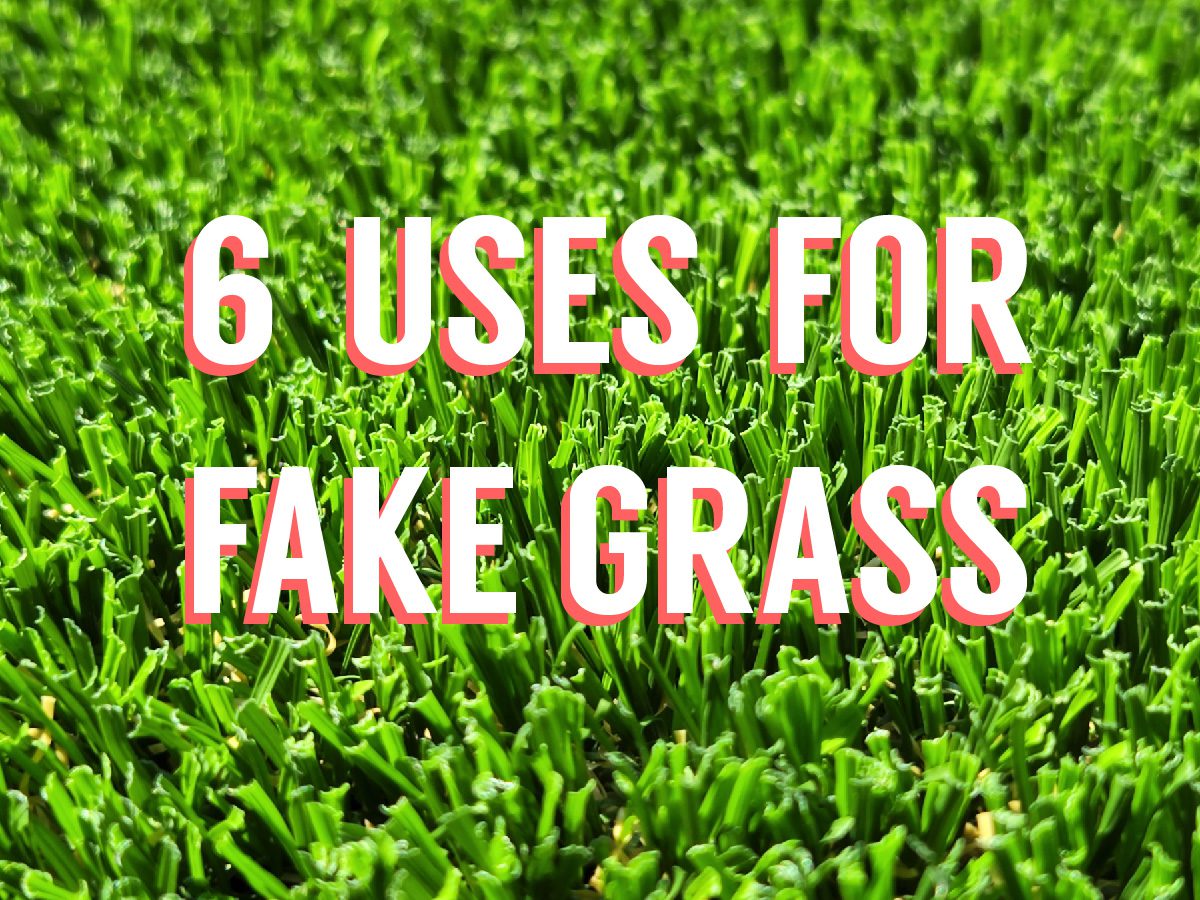Fake grass has grown in popularity in recent years. Although it was first intended for use in athletic sports fields, now residential and commercial landscaping uses synthetic turf more frequently. Here are a few of the ways synthetic grass can be applied:
- Lawns: The most popular application for artificial grass is to take the place of natural grass. In comparison to natural grass, artificial grass is much quicker to install and maintain in the long term. It can also be used in places where natural grass might not thrive, like shaded spots or incline areas or drought prone areas.
- Landscape Accents: A number of landscape elements, including walkways, seating places, and decorative borders, can be made with fake grass. Moreover, it can be used to construct living or green walls, which are becoming more and more common in indoor spaces.
- Sports fields: Artificial grass was first created for use in athletic fields, and it is still frequently utilized in these settings today. It offers a stable playing surface that is resilient to repeated use and requires little upkeep.
- Rooftop gardens: As fake grass doesn’t require soil or irrigation, it can be rapidly and easily placed, making it a great alternative for rooftop gardens, especially in big cities with limited outdoor space. Also, it assists in insulating the roof and minimizing heat accumulation, which can cut energy bills.
- Playgrounds: Artificial grass is a popular option because it offers kids a comfortable, secure, non toxic surface to play on. It is a sensible option for busy families and parks because it is simple to maintain and clean.
- Pet areas/ Dog Parks: Artificial grass is an excellent alternative because it is long-lasting, simple to clean, and free of pests like fleas and ticks. Turf does not require routine grass upkeep, which can be a headache for most pet owners.
Additionally, fake grass can also be used for commercial landscaping, such as in shopping malls, office parks, and public parks, in addition to these uses. It offers a practical, low-maintenance answer to a range of landscaping needs and because of its adaptability.

